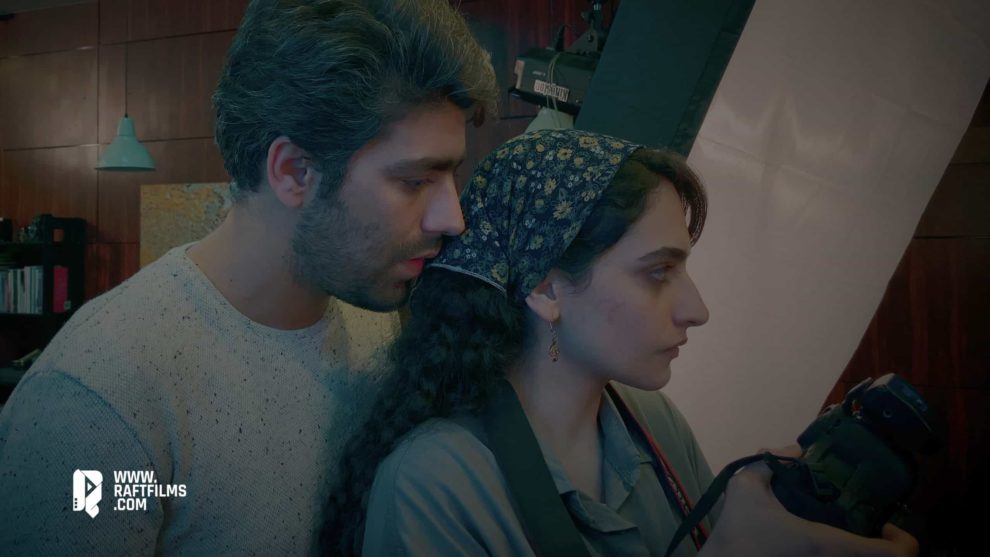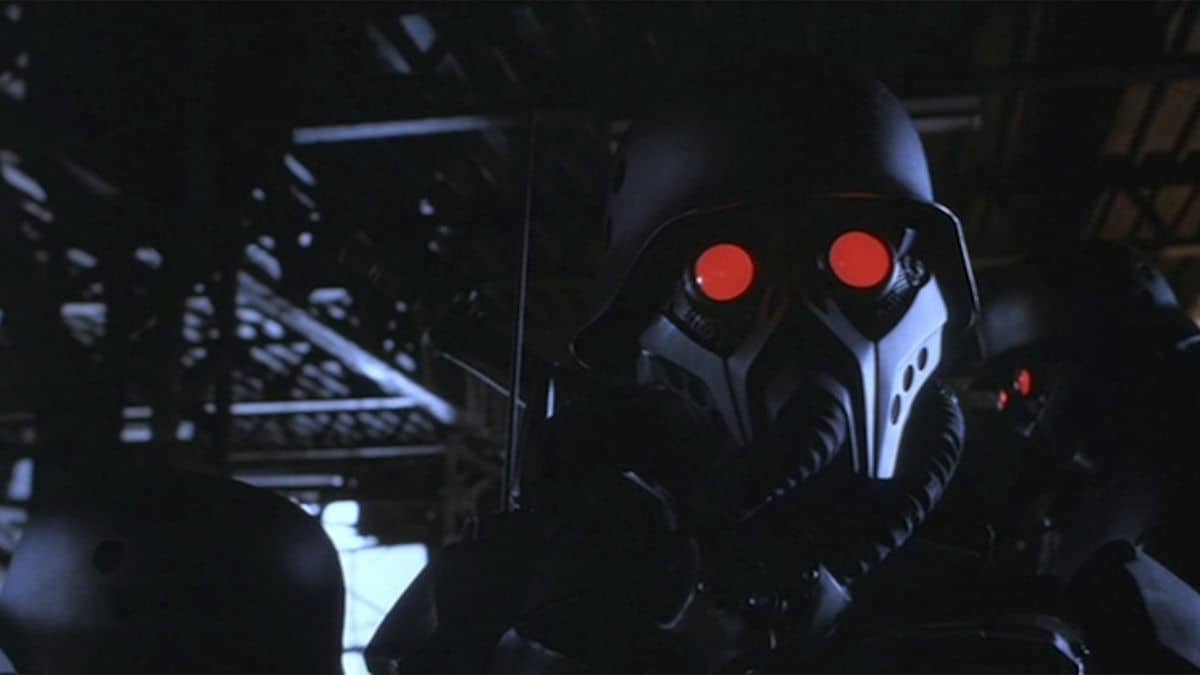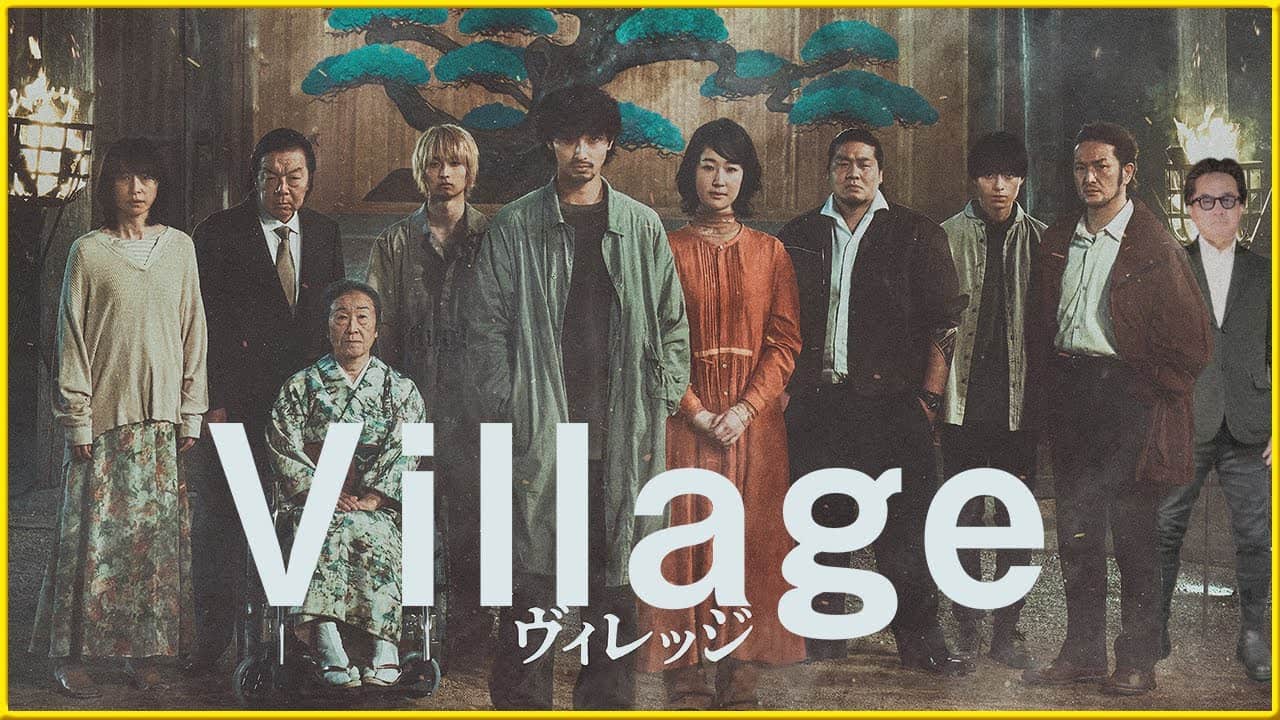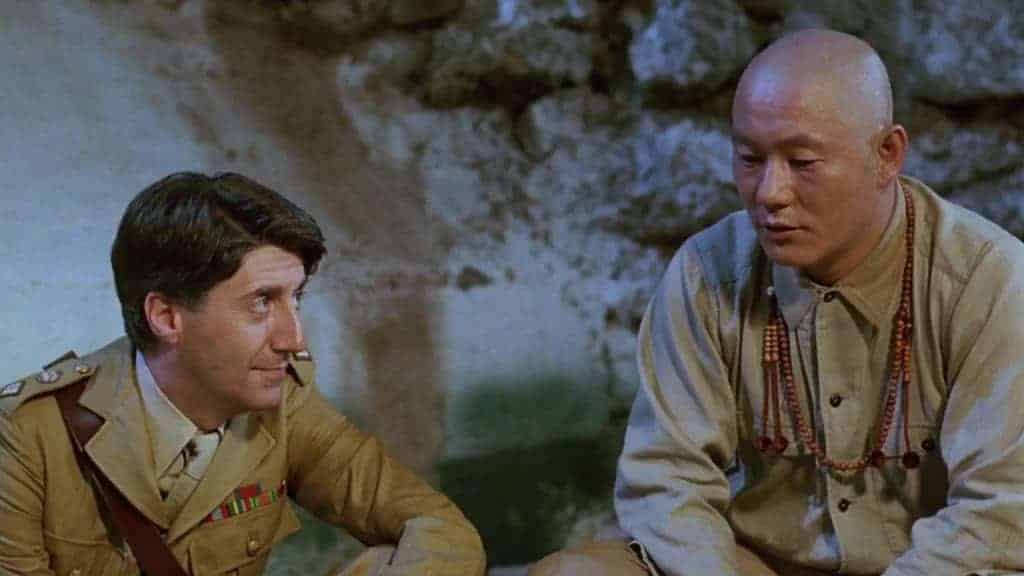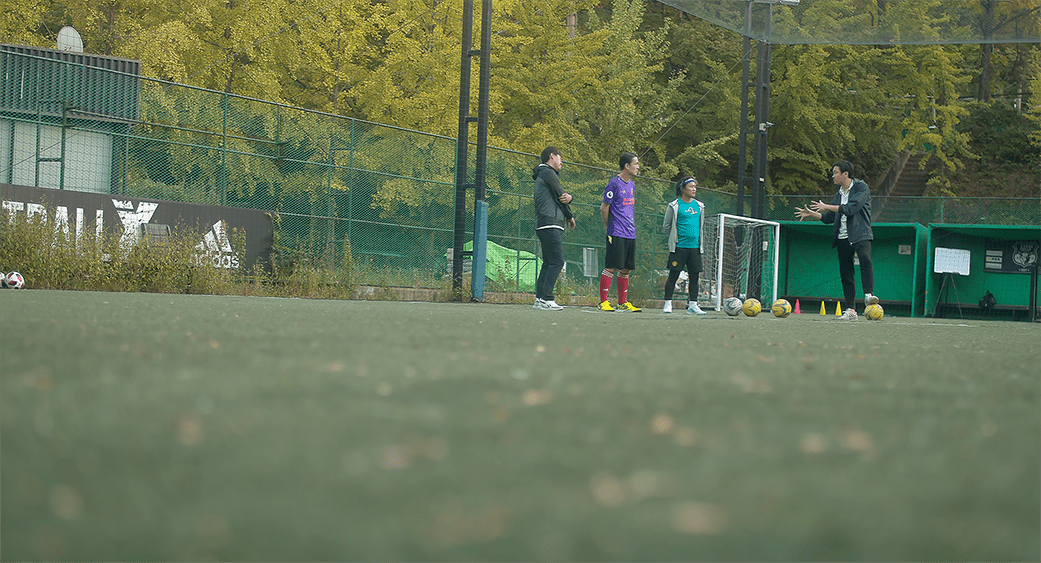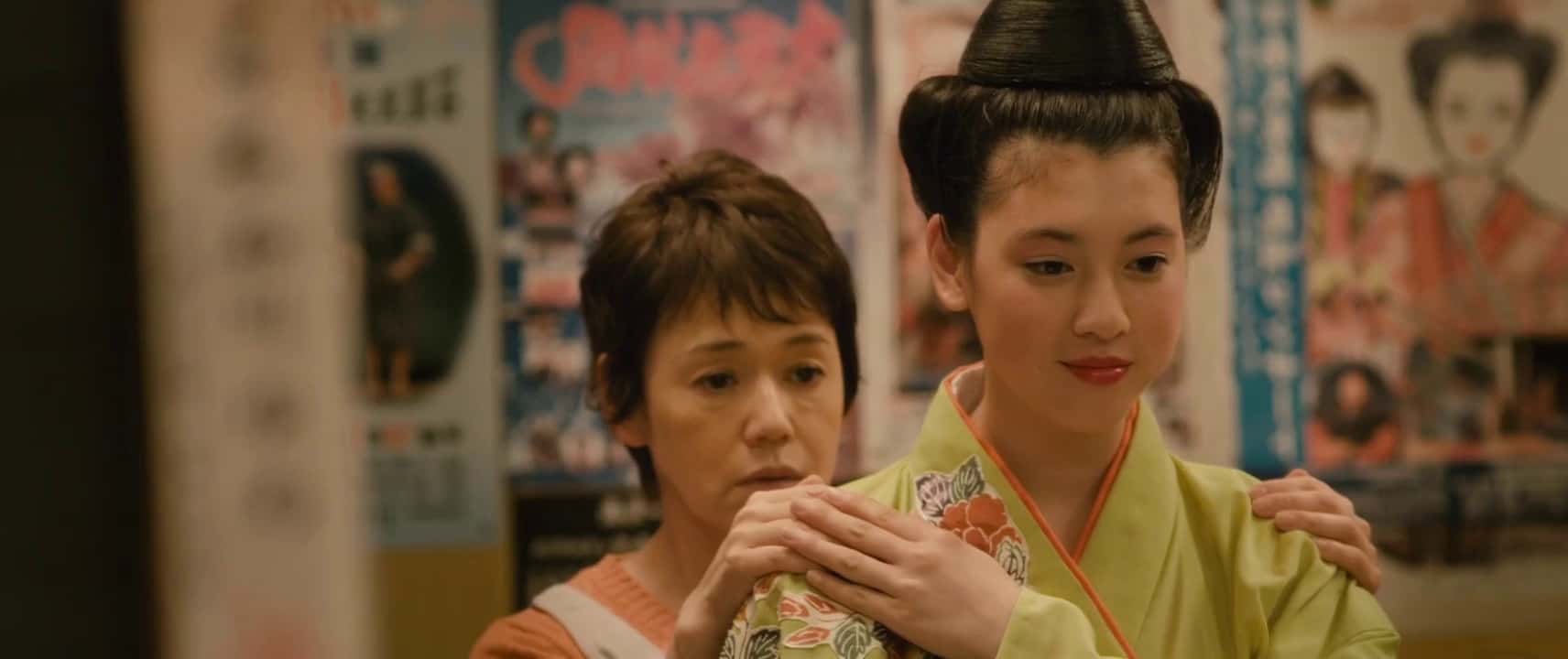As we mentioned a number of times before, here in AMP, we received tens of ‘quarantine films', productions which were shot during lockdowns or at least having in mind the restrictions the pandemic forced on all of us. After a point, the majority of them start looking annoyingly similar, either as intricate zoom videos or on occasion, as if someone just picked up a phone inside their apartment and just shot whatever they could. Therefore, it comes as a surprise to see that films of this style are still being produced, and even more so, that they could stray quite far away from the norm, and in the case of “Rafa”, even from the norms of Iranian cinema.
“Rafa” review is part of the Submit Your Film Initiative
Rafa is a young girl who seems to be secluded in a room, taking care of a bedridden old man, while training in singing and preparing for an interview that will let her get out of Iran, to another country where women are allowed to sing. The only communication she has is with the man's daughter, Sara, who calls her frequently on the phone asking to turn the device towards her father, and a young man who brings groceries for the two, and also seems to know her from her past as a professional photographer. As time passes, we learn of Sara's complicated past due to her father's ways, a man named Farshid Dabagh becomes part of the story, while the reasons for her stay in that secluded room are revealed as much more complicated than anyone thought.
Mehdi Ghazanafari directs a quarantine film (addressed as that mostly due to the single location and the presence of only 2-3 at most individuals in the same space) which thrives on its atmosphere, particularly because the repetitious schedule Rafa follows is embedded with a tension that derives from a constant sense that something is wrong. Ghazanafari teases his audience about what exactly, by presenting glimpses of Rafa's past and her intentions for the future, very carefully revealing what is going on, essentially hinting at plot twists in the most intriguing fashion.
Reza Ghazanfari's editing helps the most in that regard, both in the succession of scenes, and particularly the inclusion of non-repetitive ones that show that the story is moving towards somewhere, and the slow-burning pace that suits the particular directorial style to perfection. The repetition of routines, such as warming up milk, preparing meals, and talking on the phone, in combination with the black and white cinematography by Ghazanfari himself reminds of Darren Aronofsky's “P” on occasion, even if not with the same tension, in a style that definitely benefits the main premises of the movie.
At the same time, Ghazanfari manages to make a number of comments regarding the place of women in Iranian society, the Sharia law, and human nature, especially regarding how people find new ways to exploit others.
Faezeh Yosefi gives an excellent performance, highlighting her complex situation, through a laconic but quite eloquent style, with her expressive eyes working wonders in that regard.
On the other hand, even at 86 minutes, the movie somewhat lags around the middle, with the twists coming a bit too late, to the point that, even if briefly, the whole thing becomes a bit tiresome, although not to a degree to harm the sense the whole title leaves significantly.
Mehdi Ghazanfari has implemented the overall minimalism of “Rafa” in ideal fashion, resulting in one of the best quarantine films we have seen.


